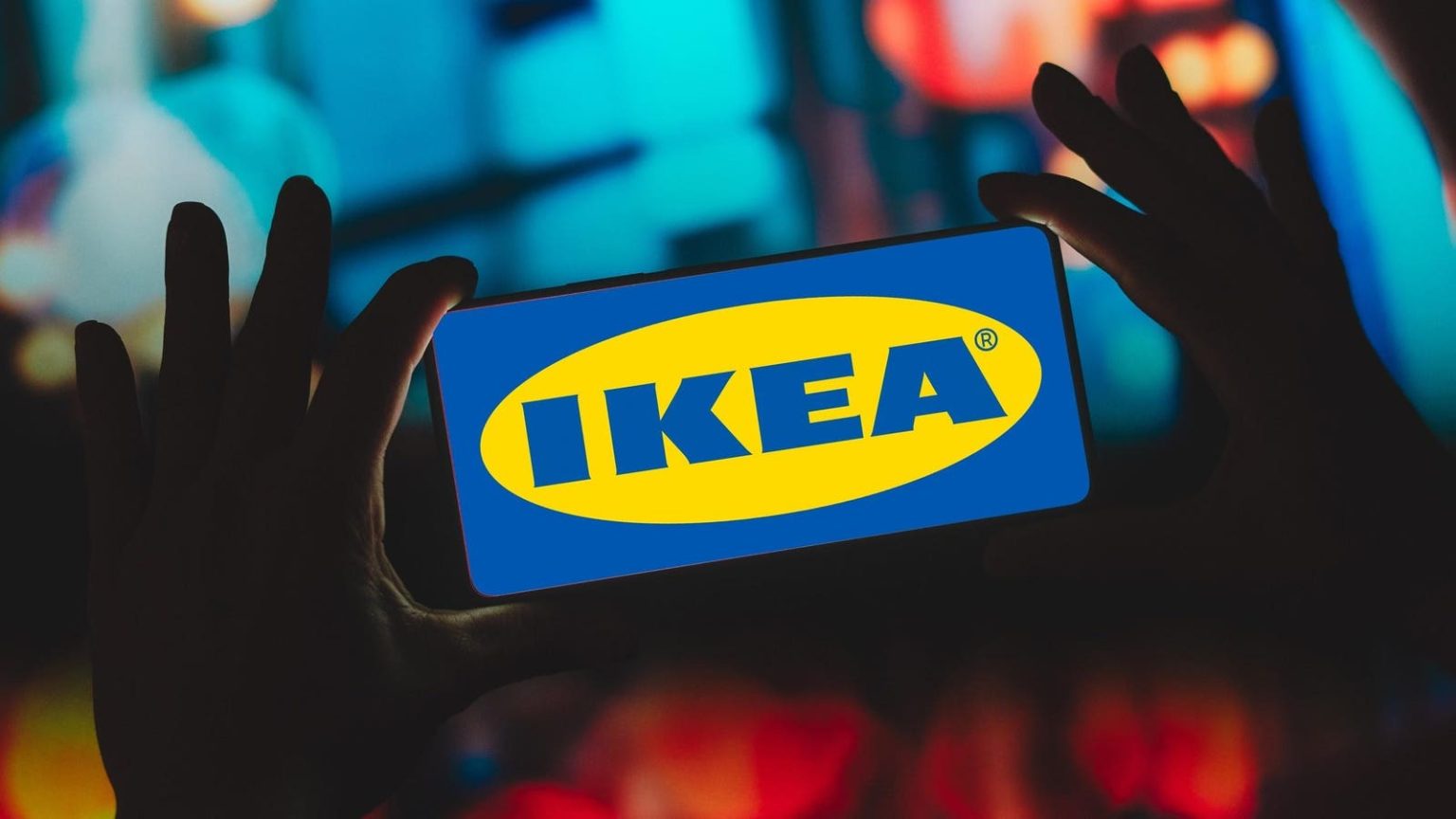IKEA, a global furniture retailer, has always been known for its innovative approach to retail technology. It has successfully utilized artificial intelligence and augmented reality to enhance customer experience and service. Now, IKEA is taking it a step further by incorporating generative AI to empower customers in designing their ideal homes. To ensure responsible use of this transformative technology, IKEA has established an ethical AI task force made up of experts from across the business and is investing in skilling its staff to effectively use AI for problem-solving and driving efficiency.
IKEA has introduced a generative AI chatbot powered by ChatGPT, giving customers their own AI design assistant. This chatbot, which is first being launched in the US with further expansion planned, can answer questions about products and purchases, as well as provide personalized design suggestions. The chatbot is designed to work alongside IKEA Kreativ, an online tool that allows users to visualize and design their living spaces in a mixed-reality environment. Customers can scan their rooms and interact with the AI to visualize different furniture options based on their preferences, such as style, color schemes, lighting, and budget, making the experience feel like having a professional interior decorator available to help.
In addition to enhancing customer experience, IKEA’s staff will also benefit from generative AI tools, such as the “AI toolbox” built on a custom version of Microsoft’s Bing co-pilot. This toolbox enables staff to quickly create content and assets that demonstrate products in relevant ways for customers. For example, it can be used to repurpose marketing material for different audiences and markets, making campaigns more tailored and efficient. The use of AI in operations and supply chain management is also a focus for IKEA, with initiatives aimed at driving efficiency, cutting waste, optimizing delivery and supply vehicles, using drones for inventory monitoring, and forecasting consumer demand patterns.
In its commitment to ethical and responsible AI, IKEA has formed an AI task force to ensure that the technology is rolled out in a beneficial way while minimizing potential harm. Taking a human-centric approach, IKEA prioritizes human values, such as respect for human agency and dignity, fairness, bias elimination, equity, inclusiveness, and privacy respect. Transparency is key in this approach, with a focus on analyzing various use cases to ensure that AI initiatives are aligned with these values. To equip staff with the knowledge needed to implement responsible AI practices, IKEA has introduced an AI literacy program to train 3,000 employees in ethical AI fundamentals in 2024, with the goal of reskilling 60 percent of its workforce for the jobs of tomorrow.
Parag Parekh, Chief Digital Officer at IKEA Retail (Ingka Group), discusses the company’s plans and philosophy around digital technology and generative AI in a podcast, highlighting the innovative ways in which IKEA is leveraging AI to transform customer experience and operations. With a focus on using AI to bring affordability back into the supply chain and improve environmental sustainability, IKEA is paving the way for the future of retail through responsible and ethical AI practices. By prioritizing human values, transparency, and staff skilling, IKEA is setting a standard for how AI can be used to enhance customer experiences while protecting the broader community.


